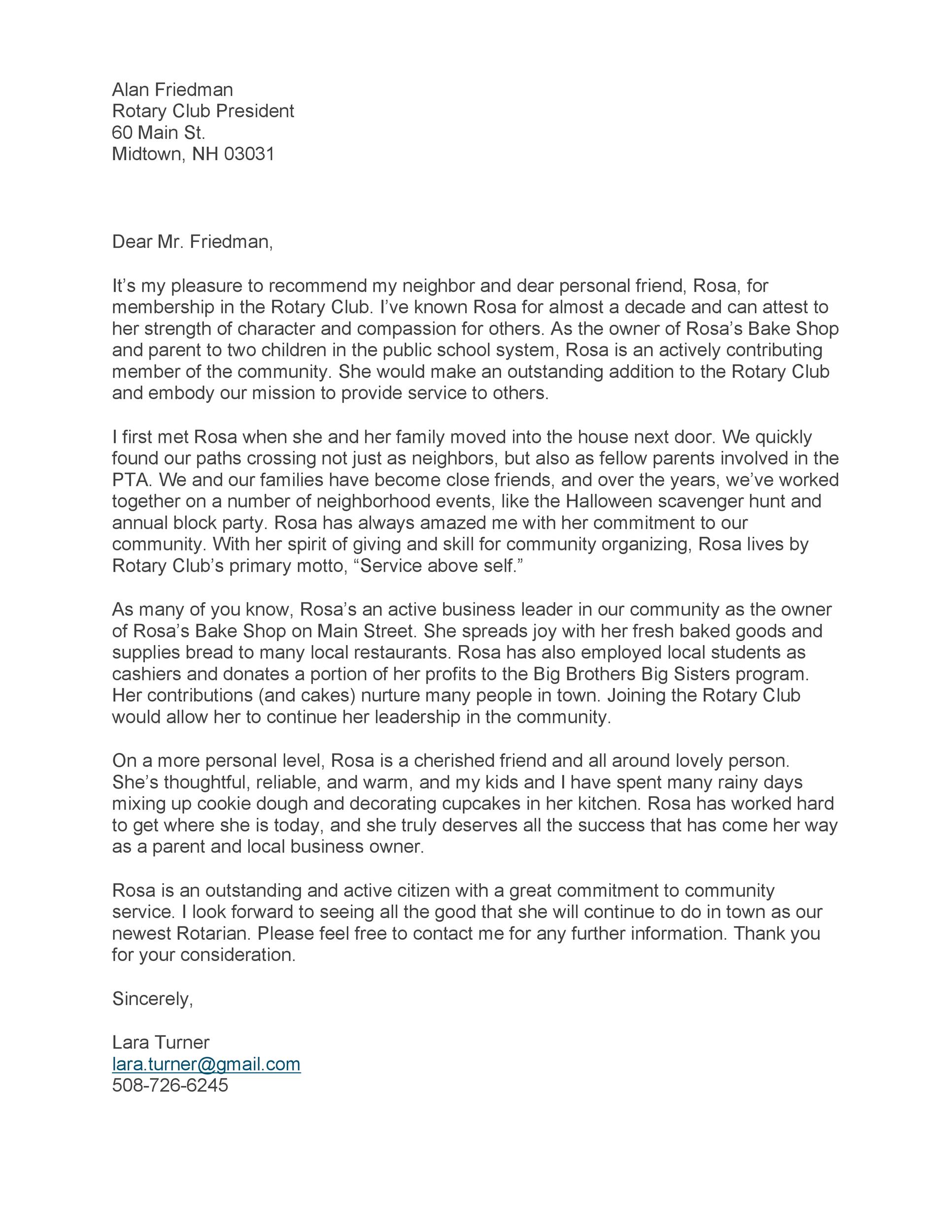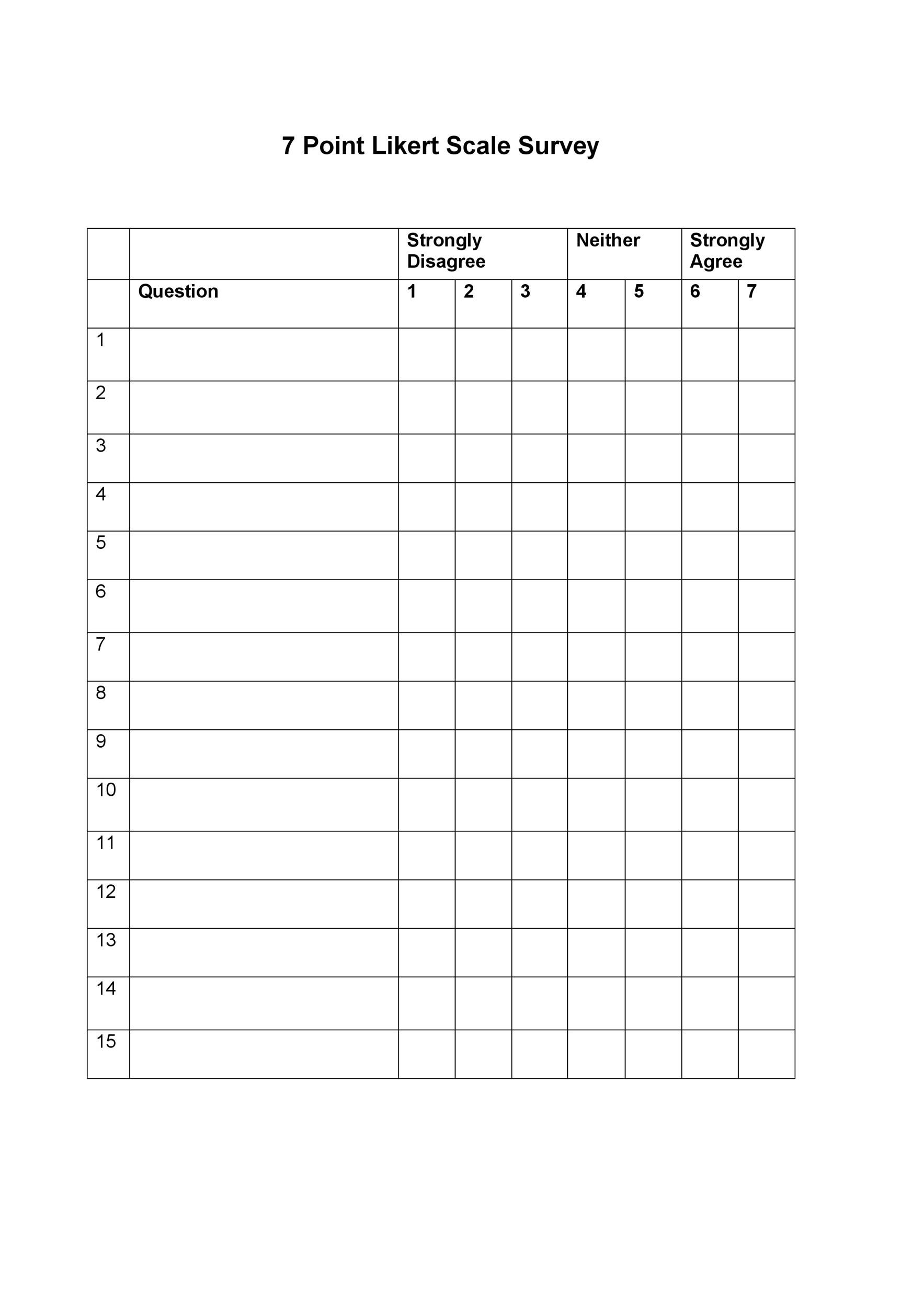Essay on Ambition in Shakespeare's Macbeth - 578 Words.
Shakespeare uses a few literary devices in this scene to convey Macbeth’s feeling of guilt. Firstly, he uses the metaphor that these hands in front of him will pluck out his eyes. He does not mean this literally but instead that he will go blind from looking at them much longer because they are covered in blood.
Macbeth’s vision of the ghost reveals his guilt over ordering the murder of Banquo and his young son. His sense of guilt is so powerful that he loses his sense of reality and cannot be sure whether he is having a vision or not. He speaks these lines in order to try and reassure himself that Banquo is truly dead.
Other posts on the site.
Macbeth Guilt Essay William Shakespeare’s Macbeth is a tragedy in which the plot evolves in great accordance to the guilt that the individual characters feel. The guilt starts with the planning and execution of the murder of King Duncan. To this event Lady Macbeth and Macbeth react in different ways.
The one thing he does have is ambition, which he compares to a horse and rider who overestimate their ability to leap over an obstacle, and end up falling down. The passage describes the tension between Macbeth’s unwillingness to move ahead with his plan, and his acknowledgement that his ambition is leading him down a dangerous path.
In act I, Macbeth was in a position of great power. He was the Thane of Glamis, soon became the Thane of Cawdor, and was in high standing with King Duncan. He was happy with his life and had no reason to fear betrayal. However, as soon as he had slain Duncan, Macbeth was overcome with guilt and fear. At every sound, Macbeth was startled.
Essay Guilt And Guilt By Lady Macbeth By William Shakespeare Guilt and betrayal of conscience are part of every human’s nature and it is something that can change ones course of life and actions. In the story of Macbeth, the constant theme of guilt and their conscience is shown through many characters, but it is mainly demonstrated through, Macbeth and Lady Macbeth.
As a tragedy, Macbeth is a dramatization of the psychological repercussions of unbridled ambition. The play's main themes—loyalty, guilt, innocence, and fate—all deal with the central idea of ambition and its consequences. Similarly, Shakespeare uses imagery and symbolism to illustrate the concepts of innocence and guilt.
Understand every line of Macbeth. Read our modern English translation. LitCharts assigns a color and icon to each theme in Macbeth, which you can use to track the themes throughout the work. Macbeth is a play about ambition run amok. The weird sisters ' prophecies spur both Macbeth and Lady Macbeth to try to fulfill their ambitions, but the.









+Analogy+and+Comparison.jpg)







